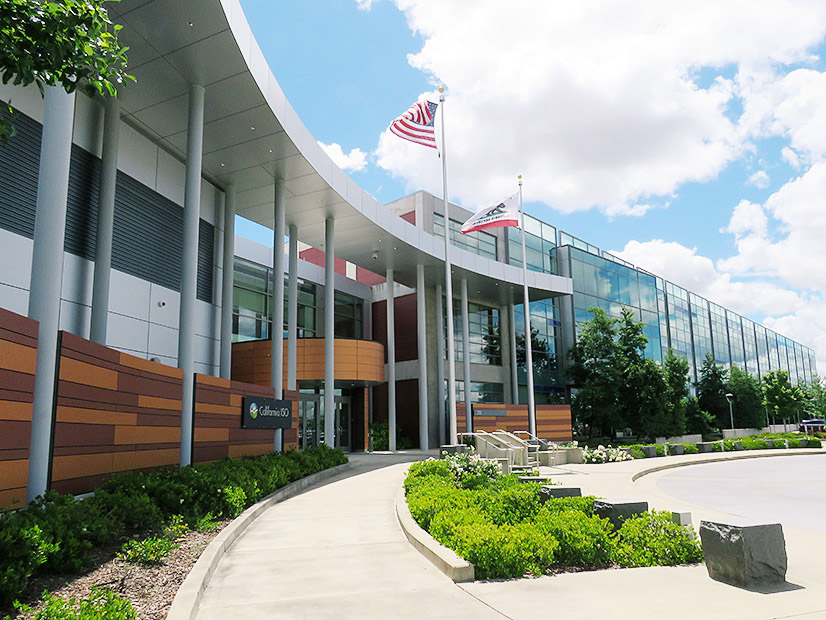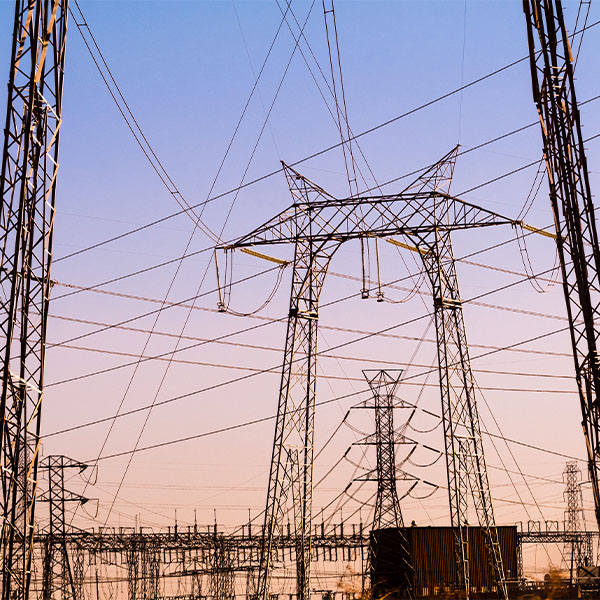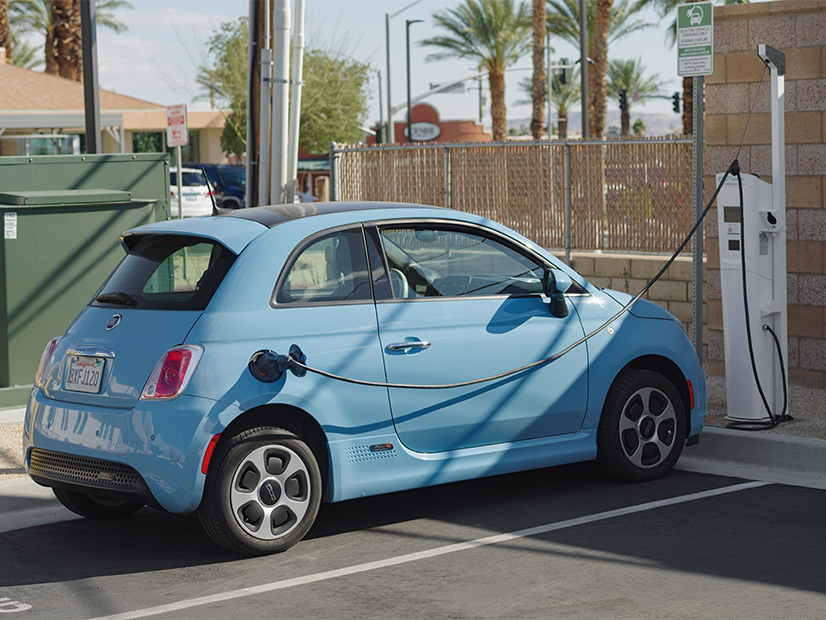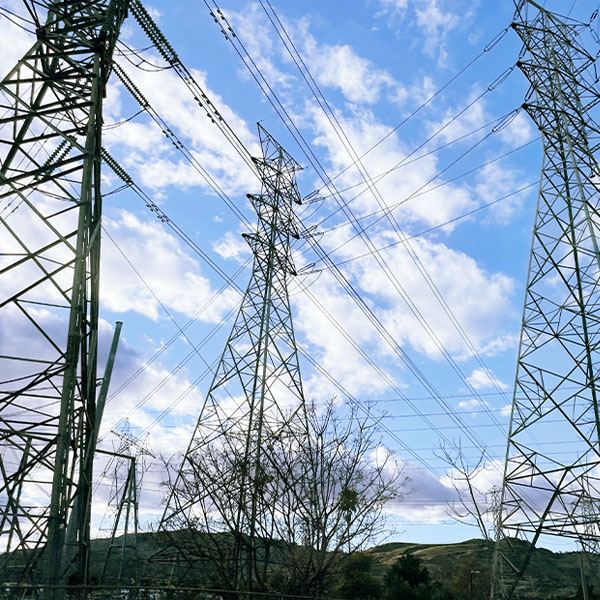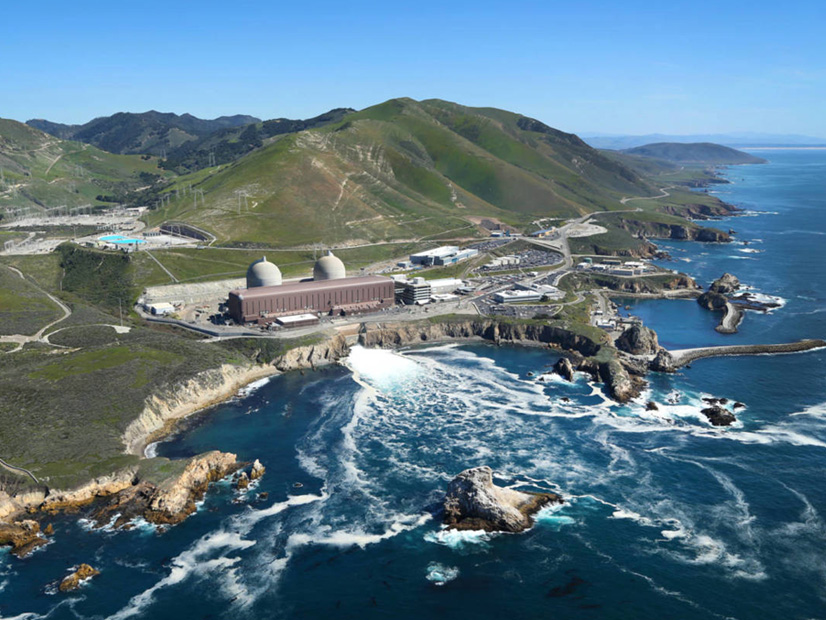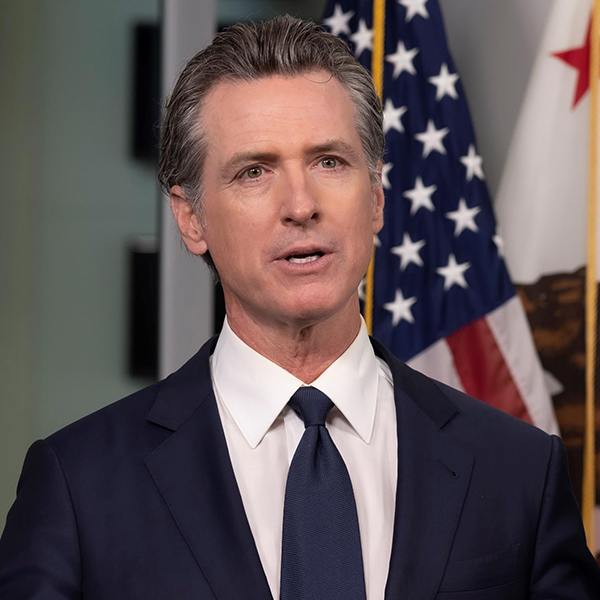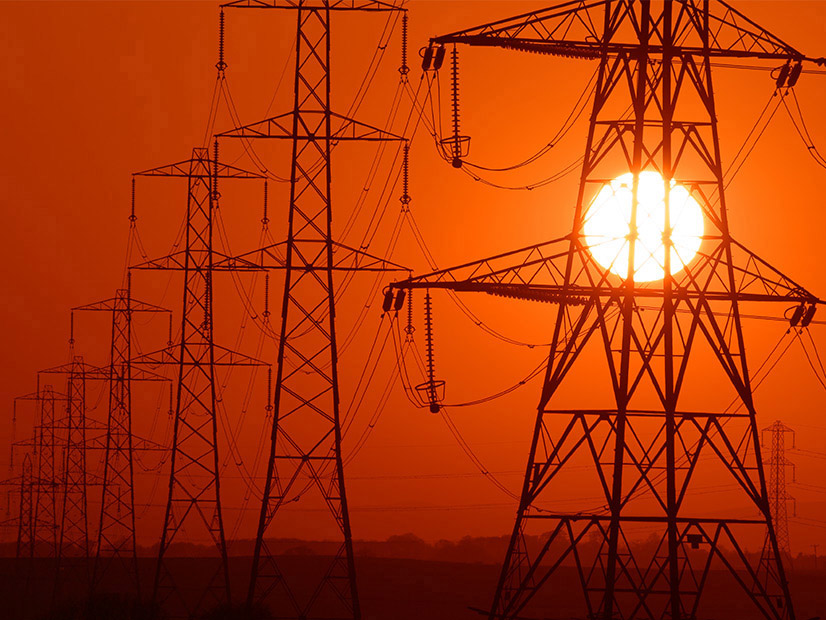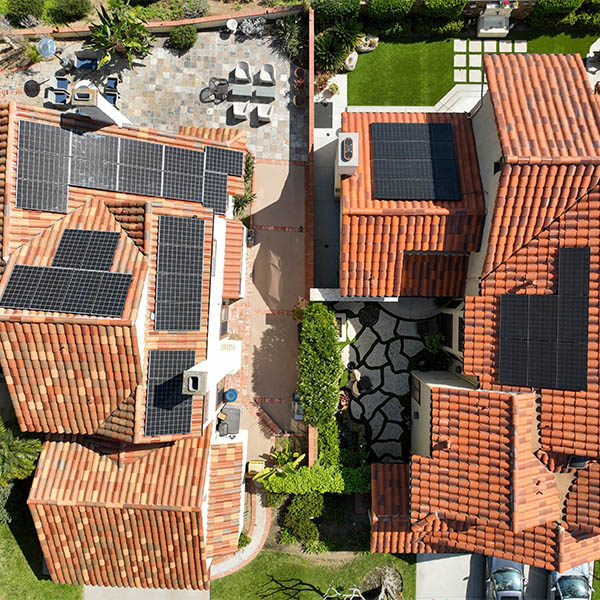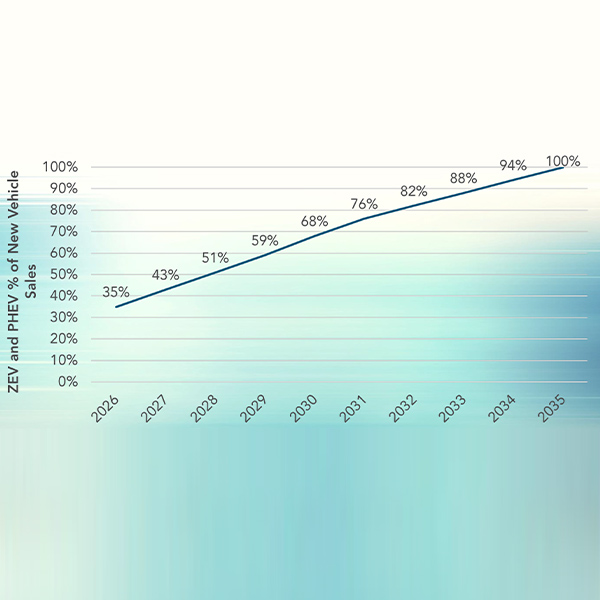CAISO/WEIM
CAISO Board of GovernorsCalifornia Agencies & LegislatureCalifornia Air Resources Board (CARB)California Energy Commission (CEC)California LegislatureCalifornia Public Utilities Commission (CPUC)EDAMOther CAISO CommitteesWestern Energy Imbalance Market (WEIM)WEIM Governing Body
The California Independent System Operator serves about 80% of California's electricity demand, including the service areas of the state's three investor-owned utilities. It also operates the Western Energy Imbalance Market, an interstate real-time market covering territory that accounts for 80% of the load in the Western Interconnection.
CAISO stakeholders commented on elements of the revised straw proposal to add an extended day-ahead market to the Western Energy Imbalance Market.
FERC approved CAISO's proposed changes to its generator interconnection process meant to speed the process and enhance grid reliability.
With a provision for PHEVs, California’s Advanced Clean Cars II regulations won’t completely eliminate internal combustion engines in new vehicles.
Two of three bills to speed transmission development and lower costs died at the end of the state legislature's two-year session while another was watered down.
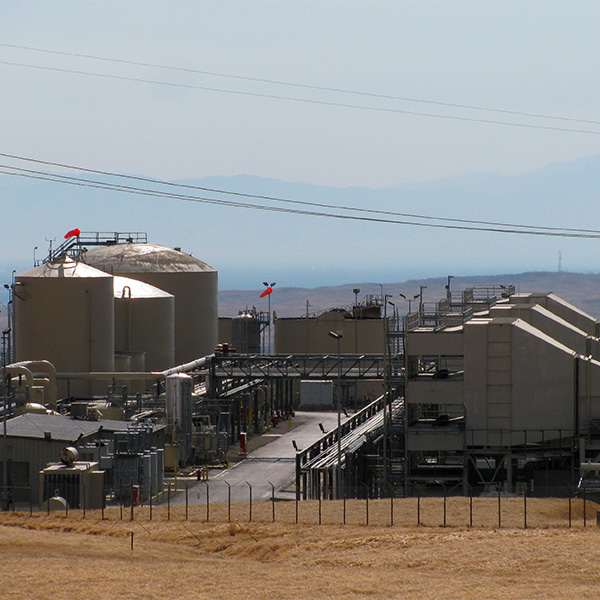
Antandrus, CC BY-SA 3.0, via Wikimedia
The CAISO Board of Governors approved the renewal of reliability-must-run agreements for four small aging gas plants it says are needed for grid reliability.
On the last night of the legislative session, lawmakers passed bills to extend the life of Diablo Canyon and increase GHG reduction and clean energy targets.
Gov. Gavin Newsom proclaimed a state of emergency to increase energy production and reduce demand in response to a heat wave hitting California.
Forecasters say California and the Southwest will see extreme heat this weekend, with conditions like those that strained the grid over Labor Day weekend 2020.
The CPUC extended its deadline to rewrite the state's net energy metering tariff as utilities and rooftop solar owners argued the new IRA supports their sides.
CARB adopted regulations that will require all new cars sold in the state to be zero-emission or plug-in hybrid by 2035, a trailblazing move, the agency says.
Want more? Advanced Search
